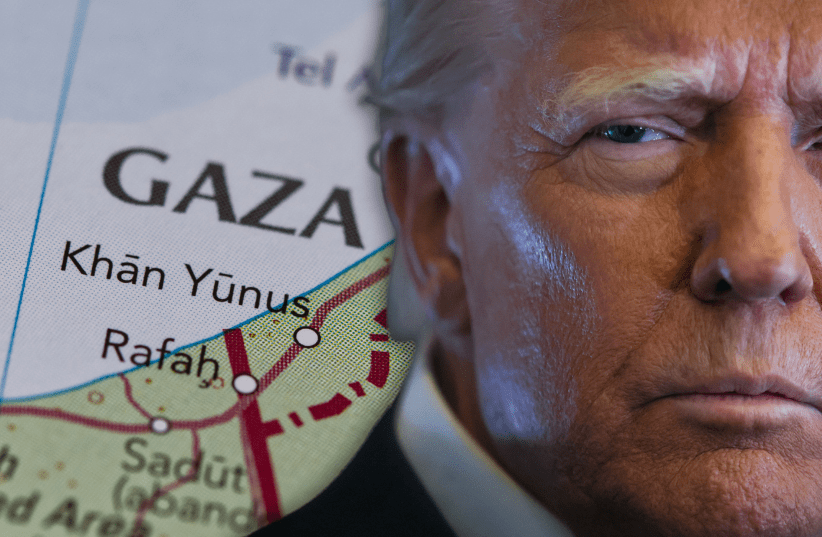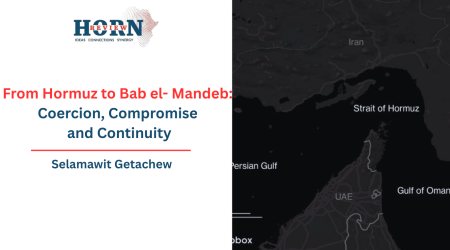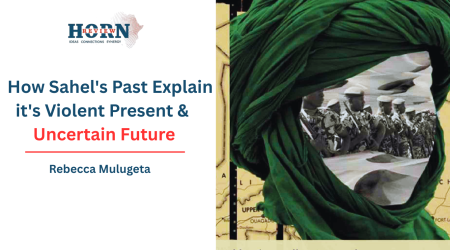
23
May
Gaza Relocation Plan: Strategic Disruption or Ethical Catastrophe?
Reports that the Trump administration is developing a plan to relocate up to 1 million Palestinians from Gaza to Libya mark a potentially seismic shift in regional geopolitics – one fraught with ethical, legal, and security implications. While the U.S. State Department and National Security Council have denied the reports, NBC News claims the plan is under quiet discussion with Libya’s interim government. If approved, Washington may offer the release of long-frozen Libyan assets as an incentive.
The implications are staggering. Such a relocation would likely constitute a violation of international humanitarian law, with many experts characterizing it as ethnic cleansing. Displacing an entire population under the guise of conflict resolution would not only inflame Palestinian grievances but also destabilize Libya, a fragile post-conflict state still plagued by factionalism and foreign influence.
Strategically, the plan appears aimed at removing the demographic and political challenge that Gaza poses to Israel’s security posture, while using Libya as a geopolitical backchannel to absorb the fallout. However, the feasibility is low, logistically complex, diplomatically controversial, and potentially destabilizing for all parties involved.
The idea also risks undermining Arab consensus. While some Arab states have shown willingness to fund Gaza reconstruction, none have endorsed permanent displacement. The relocation proposal would fracture any remaining regional unity on the Palestinian issue and provoke strong backlash from Arab populations.
If pursued, this plan would mark a radical departure from even the most hawkish peace frameworks, shifting the Israeli-Palestinian conflict from territorial negotiation to population engineering. It would also test Libya’s sovereignty, potentially inviting regional power contestation over who controls the outcome of such a demographic overhaul.
In sum, the proposal to move Palestinians from Gaza to Libya is not merely a logistical or humanitarian question, it is a test of international norms, regional stability, and the ethical boundaries of conflict resolution in the 21st century.










